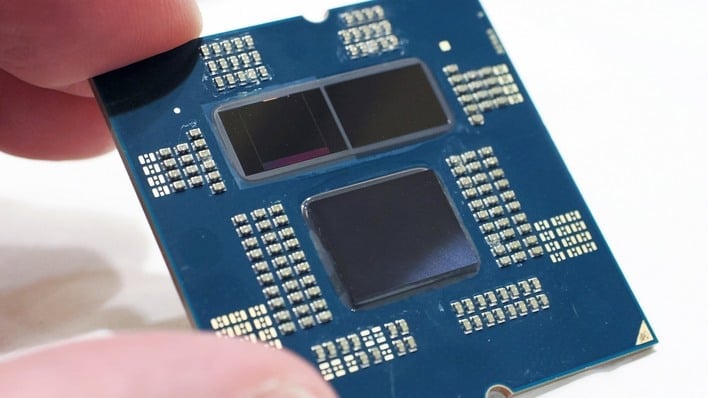The other way to think about this is:
Are chiplets a good thing for consumer, or for the manufacturer?
This is similar to asking "who gains the most from Intel's hybrid approach?"
In both cases the primary reason was cheaper to manufacturer. In AMD's case because back then they didn't have the budget, in Intel's case because the P cores are simply too big*.
And in both cases, consumers do gain something: without chiplets AMD would probably not be back in the game; for Intel some workloads do gain from the E-cores.
But back to my original question: I think AMD are now large enough to be able to offer a big monolith core. And there is little doubt that a 16C monolith with full cache and the IMC on-die would perform better and consume less power when idling.
* yet as
@humbug says Intel are - at least in the server market - giving away their CPUs despite the space saving of the E cores (although to be strict: Intel's Hybrid hasn't made it to servers yet).



